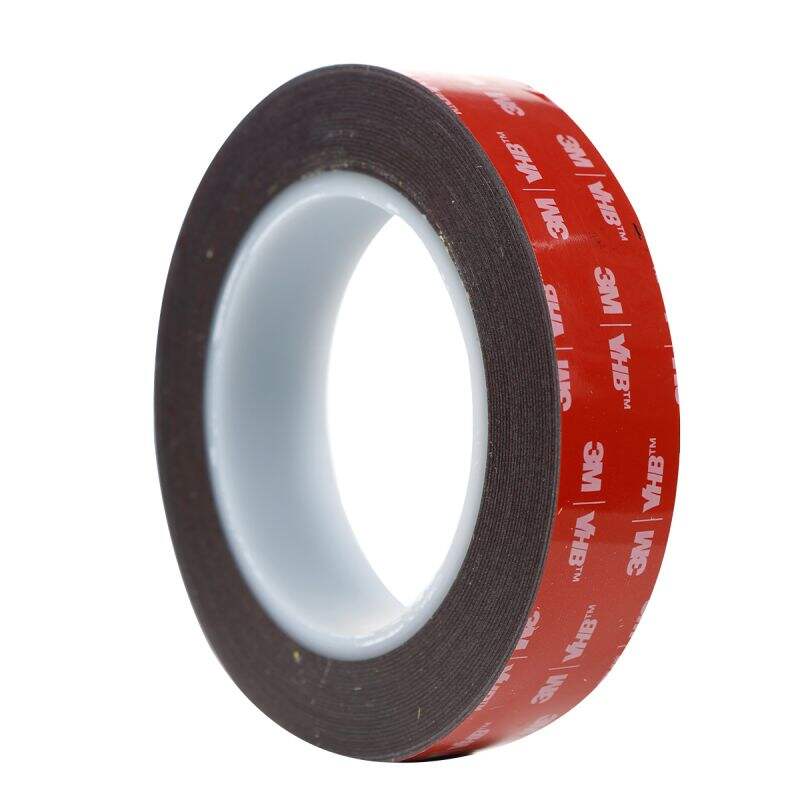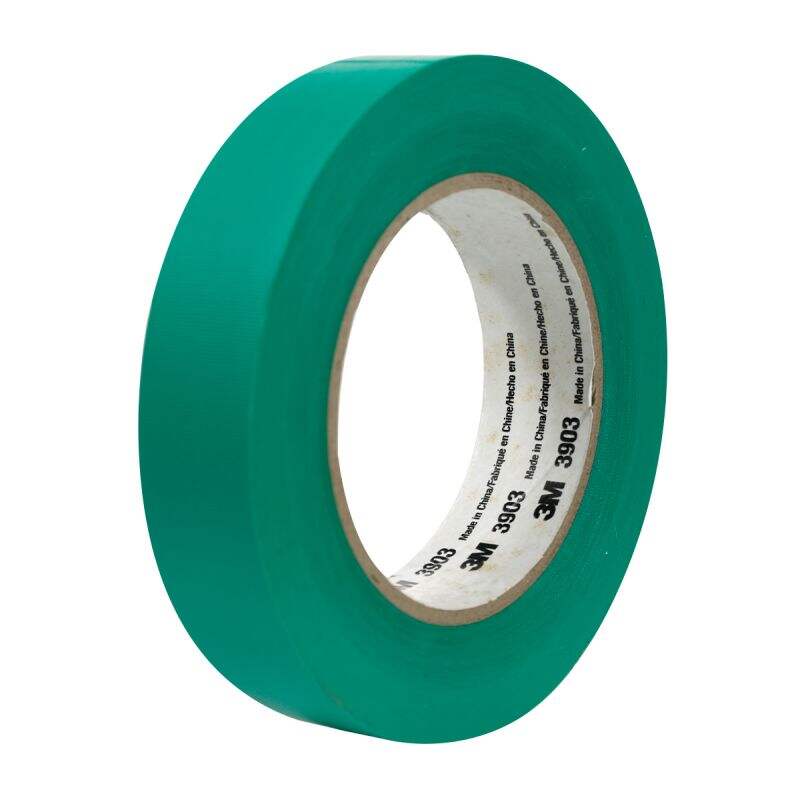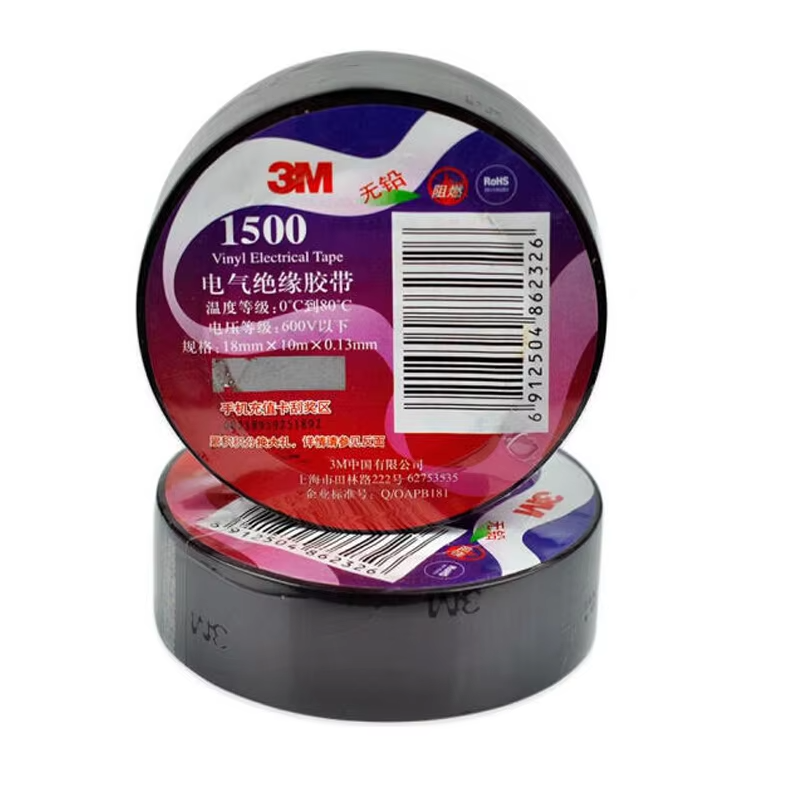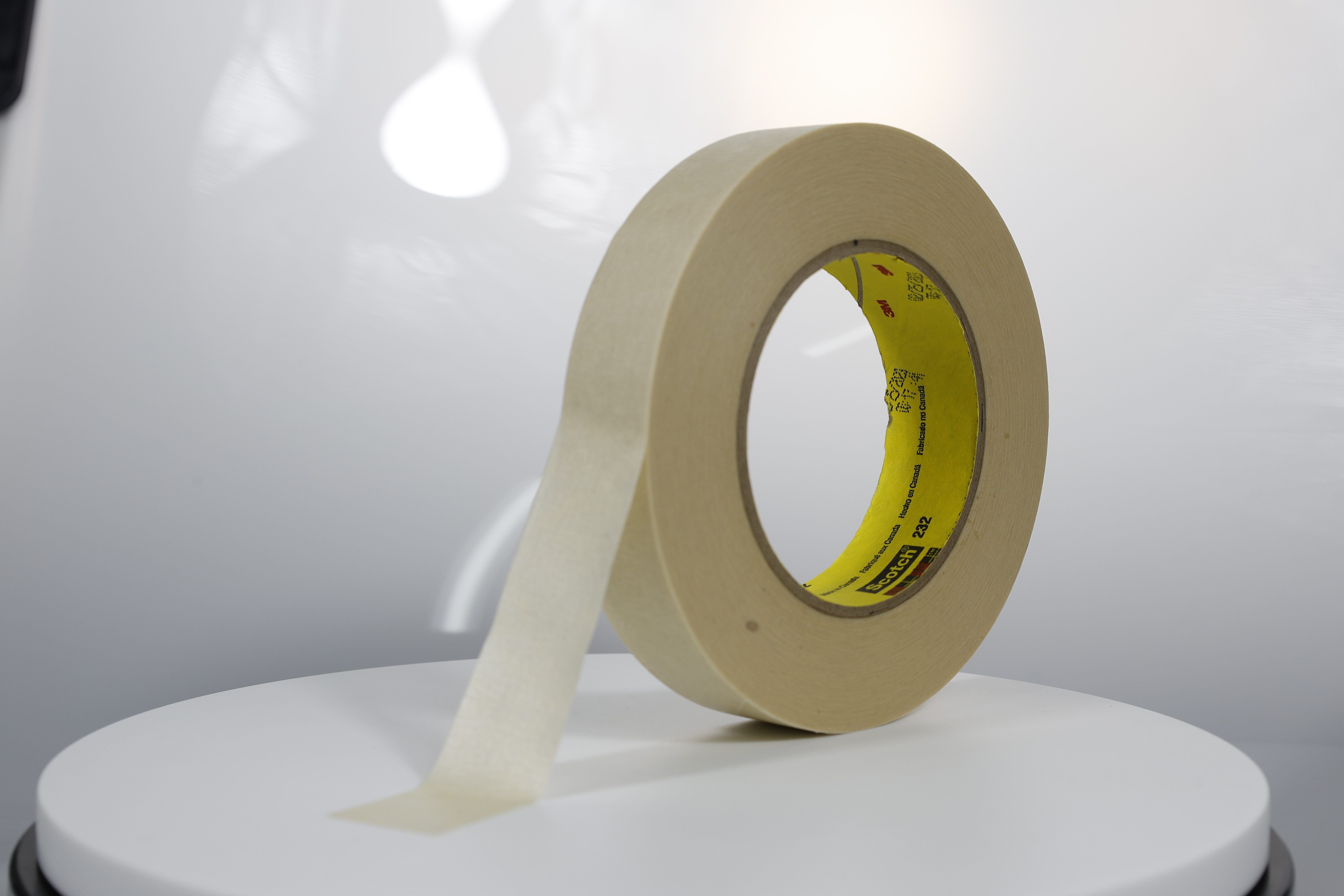Electrical installation outdoors? An UV - resistant tape is what stands between you and future headaches.
Why UV Resistance is Critical for Outdoor Electrical Tape
The Damaging Effects of Sunlight on Standard Electrical Tapes
Sunlight emits ultraviolet (UV) rays that can penetrate and degrade materials over time. Standard electrical tapes, which are often made from materials that lack UV protection, are highly susceptible to this damage. The materials tend to break down, leading to brittleness and a significant loss of adhesion. Prolonged exposure to sunlight can drastically reduce the lifespan of these tapes, with studies indicating a reduction of up to 50% in their useful life. Moreover, environmental factors such as temperature fluctuations exacerbate the damaging effects of UV exposure, further compromising the tape's integrity.
Comparing UV-Resistant vs. Regular Masking/Painters Tape Performance
Regular masking or painters tape is generally not equipped with UV inhibitors, resulting in quick degradation when exposed to sunlight. In contrast, UV-resistant tapes incorporate specific additives that enhance their durability against UV rays. Comparative testing shows that UV-resistant tapes maintain their adhesion and flexibility significantly longer than their standard counterparts. Although the initial cost of UV-resistant tape might be higher, its longevity reduces the frequency of replacements, making it a cost-effective choice over time.
How UV Degradation Compromises Electrical Insulation Over Time
UV radiation can significantly degrade the materials in electrical tapes, compromising their insulation properties. When insulation is compromised, there's an increased risk of electrical failures, such as shorts or arcing, which can lead to potential fire hazards. Experts advocate for the use of UV-resistant products to ensure long-term safety and efficacy, particularly in outdoor electrical applications. Field data has shown that equipment failures due to insulation breakdown can lead to substantial maintenance and repair costs, highlighting the importance of using UV-resistant electrical tape for outdoor applications.
Choosing the Best UV Resistant Tape for Outdoor Electrical Installation
Rubber-based tapes vs. Vinyl Insulating Tapes: UV Durability Comparison
When selecting tapes for outdoor electrical applications, it's crucial to consider the differences in durability between rubber-based and vinyl insulating tapes under UV exposure. Rubber-based tapes typically offer superior elongation and adhesion in harsh conditions, making them ideal for extreme climates. On the other hand, vinyl insulating tapes, while resistant to certain environmental elements, tend to degrade more quickly when exposed to UV rays. Comparative tests have demonstrated that rubber-based tapes last longer in sunny conditions, highlighting their preference for outdoor applications. Industry standards recommend choosing tapes based on specific factors like humidity and temperature to ensure optimal performance.
Double-sided UV-resistant Tapes for Component Mounting
Double-sided UV-resistant tapes are an excellent choice for mounting components outdoors due to their robust bonding capabilities. These tapes are specifically designed to endure outdoor elements, providing strong adhesion across various surfaces. In practical scenarios, double-sided tapes facilitate cleaner installations and minimize the residue left behind, contributing to a more efficient process. Key specifications, such as thickness and adhesion levels, play a crucial role in the tape's performance, underscoring the importance of selecting the right tape for each unique application.
Specialized Applications: High-temperature Resistant Options
In environments characterized by high temperatures, traditional electrical tapes often fail, necessitating the use of specialized options. High-temperature and UV-resistant tapes are crafted to maintain adhesive performance without melting or losing their grip under heat. With chemical compositions tailored to withstand both heat and UV exposure, such tapes are invaluable in demanding sectors such as automotive or industrial fields. Case studies corroborate the enhanced longevity and reliability of these temperature-resistant tapes, affirming their significant benefits in challenging environments.
Key Features of Professional-Grade Outdoor Electrical Tapes
Adhesive Strength in Extreme Weather Conditions
Professional-grade outdoor electrical tapes are engineered to maintain adhesive strength in harsh weather conditions. These tapes are formulated to retain adhesion even when temperatures and humidity levels fluctuate dramatically. Test results have shown that high-quality adhesives can remain effective when exposed to shocks, vibrations, and other disruptions. Industry professionals emphasize the significance of choosing tapes based on local weather conditions to prevent failures. It's crucial to review manufacturers' data sheets, as they provide valuable information detailing adhesive strength under various conditions, thus aiding in informed decision-making.
Waterproofing Capabilities Combined with UV Protection
Waterproof and UV protection features of electrical tapes are essential to prevent moisture ingress and safeguard against solar damage, ensuring both longevity and reliability. Waterproof UV-resistant tapes are particularly beneficial in wet climates where electrical failures could otherwise be more frequent. Case studies demonstrate that these tapes significantly minimize electrical problems by effectively preventing water and sun damage. Additionally, certifications and rigorous testing validate the performance of these tapes, proving their effectiveness in real-world applications.
Certifications for Outdoor Electrical Safety Standards
Certifications play a pivotal role in endorsing the performance and reliability of tapes intended for outdoor electrical applications. Products that meet specific safety standards, such as UL and CE certifications, assure users of their suitability for such use. These certifications confirm that tapes have undergone rigorous testing, which is crucial for professional installations. Using certified products not only enhances safety but also prevents potential legal issues related to non-compliance in commercial projects. Manufacturers typically provide detailed compliance documentation, offering additional peace of mind to users.
Installation Best Practices for Long-Lasting Results
Surface Preparation Techniques for Optimal Adhesion
Proper surface preparation is crucial to ensure optimal adhesion when using electrical tape. To achieve this, it's necessary to clean the surface thoroughly of any dirt, grease, or moisture, as contaminants can significantly affect the tape's adhesion quality. Using abrasives to roughen up smooth surfaces can further enhance the adhesion by providing a grip for the tape. Implementing checklists for surface preparation is an effective strategy to maintain consistency and quality across numerous installations. Research indicates that meticulous surface preparation can considerably extend the lifespan of electrical tape applications, ensuring a long-lasting bond.
Proper Wrapping Methods for Wire Insulation
Ensuring effective wire insulation demands adherence to specific wrapping methods. Consistent and proper wrapping patterns prevent gaps, which could compromise the insulation's effectiveness, thus securing a lasting seal. During application, maintaining appropriate tension and overlap is essential as these factors greatly influence the tape's insulation properties. Installers can rely on instructional resources and guidelines to help achieve consistent and reliable results. On the contrary, adopting improper methods could lead to premature wear and tear, resulting in increased maintenance costs over time. Therefore, understanding and following correct wrapping techniques is indispensable for optimal performance.
Maintenance Checks to Identify UV-Related Wear
Routine maintenance checks are vital for identifying early signs of UV-related wear on electrical tape installations. Regular inspections, both visual and tactile, can help detect brittleness or loss of adhesion prompted by UV exposure, averting potential failures. Establishing a schedule for these routine assessments can significantly enhance the longevity and safety of electrical setups. Field technicians have noted the importance of proactive maintenance in preventing costly repairs. Implementing a systematic approach to maintenance checks ensures the continued effectiveness of electrical tapes in outdoor settings exposed to harsh sunlight.
Recommended Products
 Hot News
Hot News
-
TAPE Team Conquers Shenzhen’s Phoenix Mountain: Unity, Ambition, And New Heights In 2025
2025-02-21
-
The Role of Polyimide Electrical Tape in Electronics Insulation
2025-01-21
-
High Strength Double-sided Tape for Secure Bonding
2025-01-15
-
Durable Foam Tape for High-Performance Applications
2025-01-10
-
High Temperature Resistant Masking Protective Tape for Extreme Conditions
2025-01-01
-
Adhesive Tapes Market size is set to grow by USD 23.89 billion from 2024-2028, Increasing demand from end-user industries boost the market!
2024-08-22






